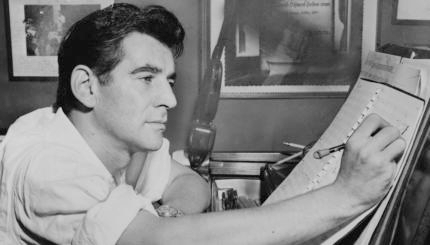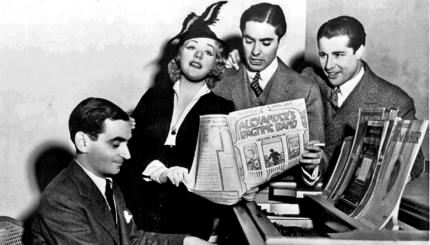Yiddish Publishing after the Holocaust: I.L. Peretz and the Legacy of Polish Jewry

Yiddish publishers in the postwar period sought to collect, codify, and (re)produce Yiddish literature as a preservative measure against cultural erasure. This was in part a reaction to the aftermath of the Holocaust and a fear that the legacy of this culture could soon be lost forever. Many major resulting publications bear the marks of these anxieties most prominently in their form, which was characteristically accumulative: large scale book series, anthologies, lexica, encyclopedias, and reprinted editions of the collected or complete works of Yiddish’s classic writers, Mendele, Sholem Aleichem, and I.L. Peretz. As these new volumes traveled around the world, from Buenos Aires to New York, Montreal to Warsaw, and many places in between, their creation and circulation highlights a changing transnational literary network that had recently flourished during the interwar years. Publishers responded to a network in flux by flooding a literary market with new volumes.
In this lecture, Rachelle Grossman will give an overview of global Yiddish after the Holocaust by focusing on competing publications made in honor of two literary jubilees of I.L. Peretz, “the father of modern Jewish literature”: his 30th yahrzeit and his 100th birthday. These publishing efforts were not only a means to create new Yiddish books, but they were also a form of public debate over the meaning of Peretz the figure, his work, and the place of Yiddish in postwar Jewish life.
The event listed here is hosted by a third party. My Jewish Learning/70 Faces Media is not responsible for its content or for errors in the listing.



